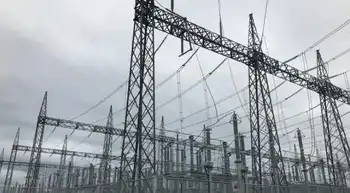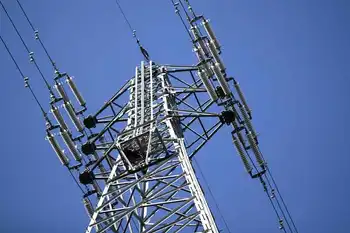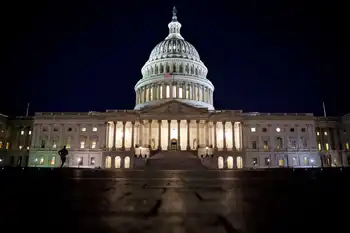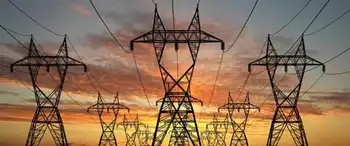Toxic waste weighs on nuclear revival
By Reuters
Arc Flash Training CSA Z462 - Electrical Safety Essentials
Our customized live online or in‑person group training can be delivered to your staff at your location.

- Live Online
- 6 hours Instructor-led
- Group Training Available
The Obama administration, which sees nuclear power as a key part of its policy to meet America's energy needs with more fuels that do not add to global warming, has said it plans to scrap a long-delayed permanent dumpsite for nuclear waste.
The move probably won't stop new nuclear plants from being built, but could limit the pace of growth in the sector, which has been stagnant since the 1970s.
That leaves the 2,000 tonnes of used fuel already produced each year by U.S. nuclear plants stored at various power plant sites, waiting for a permanent home.
"The whole system wasn't designed to accommodate accumulating waste on site," said Arjun Makhijani, president of the Institute for Energy and Environmental Research. "It was designed for the waste to be taken away."
At least one company, Exelon Corp, has said it will not pursue new U.S. nuclear plants at this time, citing the lack of a national plan for waste in its decision.
Even as the White House moves to spur development of new U.S. nuclear plants to lessen dependence on hydrocarbons like coal and oil, experts agree it will take at least several decades to fully develop any alternative to the proposed waste dumpsite at Yucca Mountain in Nevada.
The 1986 explosion of a nuclear reactor at Chernobyl, Ukraine — the world's worst civil nuclear accident — sent radiation over most of Europe, heightening fears for voters and politicians about nuclear power and radioactive waste.
Used nuclear fuel was originally intended to be stored at plant sites for a few decades in steel-lined concrete pools or basins before being moved to a permanent repository.
Many of these pools have now filled up. Producers have expanded their storage capacity using above-ground airtight canisters made out of steel or steel-reinforced concrete.
The underground storage proposed for Nevada was vigorously opposed by the state and Nevada Senator Harry Reid. The Obama administration has agreed the site is not suitable — but state regulators signaled they want to fight that move.
The administration has said it wants to see more new plants, pledging $54 billion in loan guarantees for builders, and naming an expert panel to find solutions for the waste.
The nuclear industry argues it is ready to move ahead regardless of the panel's deliberations.
"We have never related the future of nuclear power to the success or lack of success of any given used fuel management facility," said Steve Kraft of the Nuclear Energy Institute.
Still, the lack of a stable and lasting strategy for nuclear waste has helped fuel opposition to nuclear plants, said Dimitri Nikas, an analyst with credit rating agency Standard and Poor's.
"Any solution that would address those concerns would probably facilitate the construction of new units," he said.
The Nuclear Regulatory Commission, which oversees the safety of these plants, has said waste can safety stay at plant sites for at least a century, but critics say the commission lacks a long-term strategy for regulating these storage sites.
The industry and its regulators must make a more concerted effort to deal with the national security issues that accompany the prospect of holding waste at plant sites for 60 to 80 years, said Edwin Lyman of the Union of Concerned Scientists.
In the wake of the September 11 attacks, Lyman said it is particularly important to guard against terrorist threats.
"We think they really have to protect those facilities like they protect the rest of the reactor site... with an armed response force to prevent any attackers from gaining access to the casks," Lyman said.
Nuclear power producers also have to grapple with the legal liabilities of owning waste. The Energy Department was supposed to take ownership of waste in 1998, but that has not happened.
Utilities "don't like the idea of this long-term liability over which they really have no control," said Robert Fri of Resources for the Future.
With no place for the used fuel to go, the nuclear waste has to stay on site even when plants are shut down. There are about 14 shutdown reactors where waste remains at the site.
Dealing with technical and legal issues will not be easy. But the biggest obstacle for the new commission will most likely be overcoming political opposition.
To be successful, a long-term nuclear waste strategy must withstand political interference — something that could be managed by the creation of an independent agency to solely deal with nuclear waste.
"We have to find a political solution and then have the political will to actually pursue it," said John Reed of Concentric Energy Advisors.
"This is not the kind of thing where we can change course and change policy with every administration and ever expect to have a solution."











